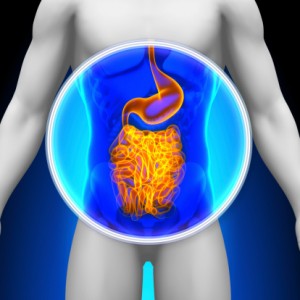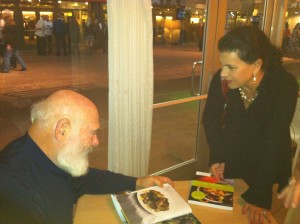New research from neurobiologists at Oxford University shows there could be a link between the health of your gut microbiome and your emotions. The study suggests that using probiotics to populate your gut with good bacteria together with eating enough prebiotics –carbs that nourish your bacterial population– can help lift your mental state.
Foods high in probiotics
Foods high in probiotics include yogurt, keffir, kim chee, sourkrout, and other fermented foods.
Foods high in prebiotics
Foods high in prebiotics include asparagus, onions, leeks, grains, legumes, and cruciferous vegetables such as cauliflower, broccoli, kale, kohlrabi, radish, and rutabega.
It seems the bacteria inside us might affect us more than we ever could have imagined.
Yet another checkmark against the” Paleo”-style diet as being the ultimate diet for humans.
My motto: Be wary of fad diets that advocate elimination or extreme reduction of an entire food group.



